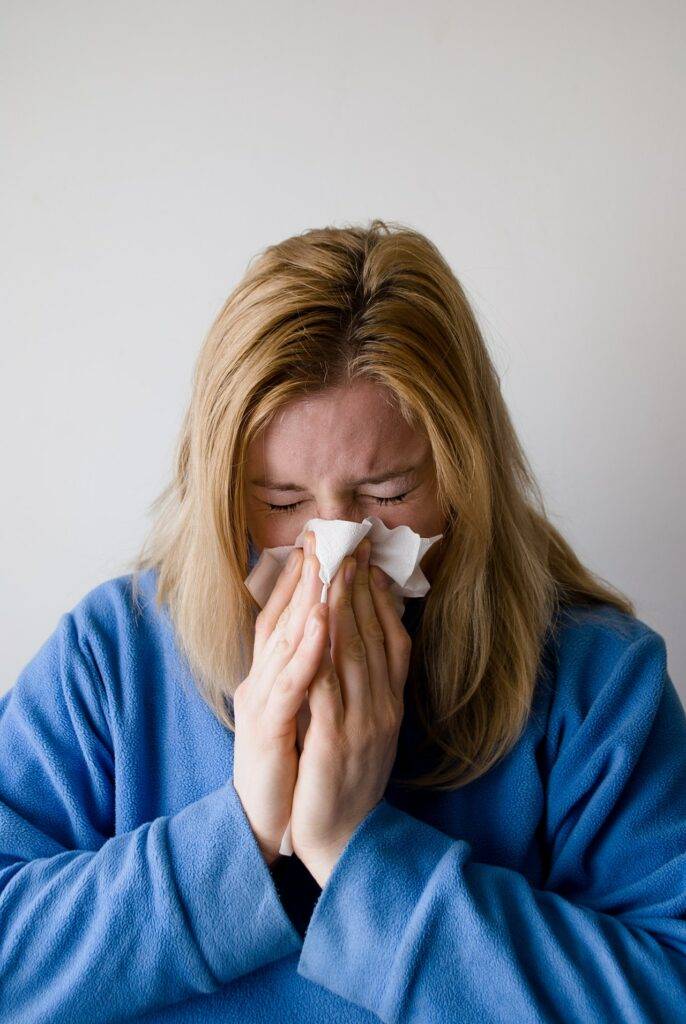The seasons in China are changing, which means our noses will be exposed to more germs and other harmful particles. What can we do to protect them from the brunt of the environment?
In this article, we’ll explore five simple tips that you can use to help with nose care for the months ahead.

Tip #1: Reducing Dryness
- Keep your nose moisturized: A simple way to reduce dryness is to keep your nose moisturized. Use a gentle, fragrance-free moisturizer applied with your finger to the outside of your nostrils. Be sure to apply it after washing your face and before bedtime.
- Avoid hot showers and baths: Hot water can strip away natural oils from your skin, worsening dryness. When bathing, use lukewarm water instead and limit yourself to no more than 15 minutes in the shower or tub.
- Use a humidifier: Adding moisture to the air with a humidifier can help prevent dryness. If you have central heating in your home, consider running a humidifier overnight during winter months when the heat is on.
- Drink plenty of water: Staying hydrated by drinking lots of fluids helps keep your skin moist from the inside out. Aim for eight glasses of water per day, more if you live in a hot climate, or exercise regularly.
- Avoid harsh soaps and cleansers: Harsh chemicals in some soaps and cleansers can strip away natural oils from your skin, leading to dryness. Choose milder products labeled “fragrance-free” or “for sensitive skin” instead
Tip #2: Fighting Allergies
To fight allergies, start by identifying your triggers and taking steps to avoid them. If you can’t avoid your triggers, try to reduce your exposure to them by:
- Washing your hands often, especially before you eat.
- Avoiding touching your face.
- Keeping your nails short and clean.
- Showering after being outdoors.
- Not sharing personal items, such as towels, with people who have allergies.
- Vacuuming regularly and dusting with a damp cloth.
When you’re around your triggers, take steps to protect your nose, such as wearing a dust mask or using a saline nasal spray.
You can also try allergy shots or oral medications to help reduce your symptoms.
Tip #3: Preventing Infection
As the weather changes, it’s important to take extra care of your nose. Here are a few tips to help prevent infection:
- Wash your hands regularly and often, especially before touching your face.
- Avoid close contact with people who are sick.
- Stay away from crowded places.
- Cover your nose and mouth when you sneeze or cough.
- Clean surfaces that are frequently touched, such as door handles, countertops, and phones.
Tip #4: Protect Your Sense of Smell
As the weather changes, it’s important to take steps to protect your sense of smell. Here are a few tips:
- Avoid strong odors. If you’re going to be exposed to strong smells, try to do so only for short periods of time. And if possible, ventilate the area well.
- Keep your nose clean. Blow your nose gently and often, especially before bedtime. Use a humidifier to keep the air in your home or office moist. This will help prevent irritation and dryness.
- Quit smoking. Cigarette smoke is one of the worst offenders when it comes to harming your sense of smell. If you smoke, now is a good time to quit!
- Be aware of medications that can cause problems. Some medicines, such as those used to treat high blood pressure, can affect your sense of smell. If you’re concerned about any medication you’re taking, talk to your doctor or pharmacist.
- See your doctor if you have any concerns. If you notice a sudden or dramatic change in your sense of smell, or if you have any other concerns, make an appointment to see your doctor.
Tip #5: Reduce Nosebleeds
As the weather changes and the air gets drier, nosebleeds become more common. Here are some tips to reduce the frequency of nosebleeds:
- Avoid nose-picking.
- Keep your nostrils clean and dry.
- Apply a thin layer of petroleum jelly or similar ointment inside each nostril.
- Drink plenty of fluids, especially during dry weather.
- Use a humidifier in your home, particularly during the winter months when indoor heating can contribute to dry air.
- Avoid blowing your nose too hard or putting any unnecessary pressure on it.




